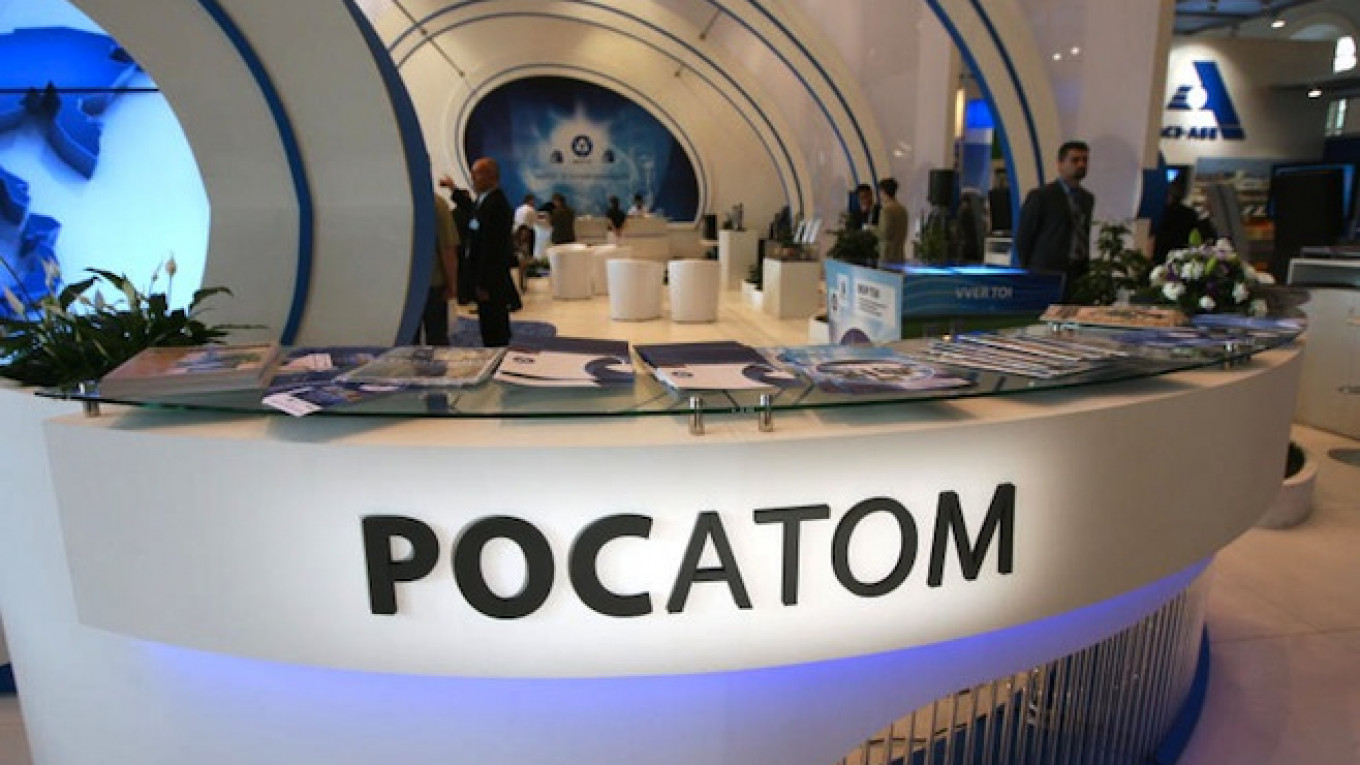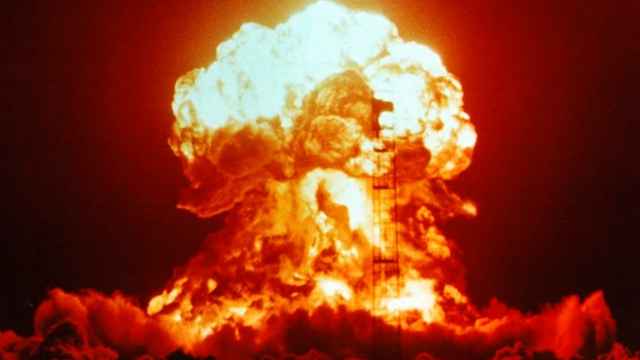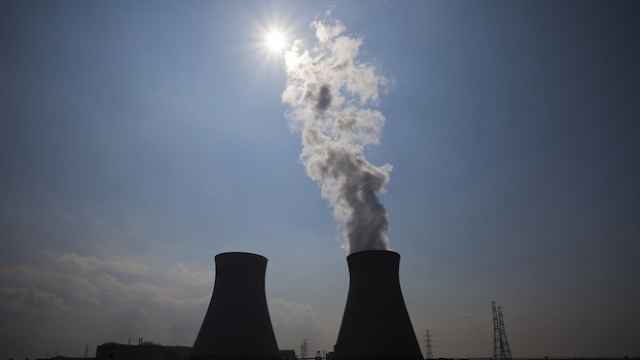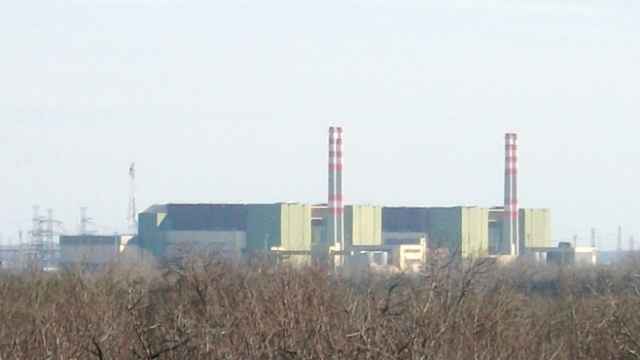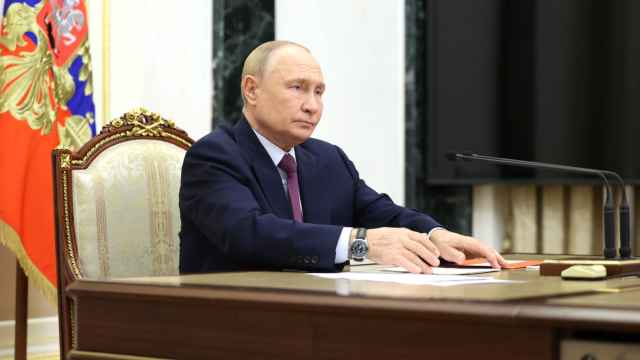BUDAPEST — Hungary expects to wrap up talks with the European Union soon about a fuel supply deal for the country's Paks nuclear plant, the government said Friday, adding that the EU's concerns do not block a planned expansion of the facility.
Hungary last year granted Russia's Rosatom a project to build two nuclear power blocks of 1,200 megawatts each at its Paks power plant, financed partly by a favorably priced Russian loan worth 10 billion euros ($10.6 billion).
The deal drew criticism that Hungary was pulling closer to Russia at a time when the EU was putting pressure on Moscow to defuse a deepening conflict with Ukraine.
The government said the Euratom Supply Agency (ESA) — charged with nuclear fuel supply across the EU — had sought changes to the Paks supply deal, asking that players other than Russians be allowed to ship fuel to the plant in the future.
"Ongoing talks about addressing these observations, however, do not block the project," the Prime Minister's Office said in a statement, adding that other contracts on the construction of the plant remained unaffected.
"Our expectation is that, following intensive negotiations, the fuel supply contract will be finalized in line with Euratom requirements in a matter of weeks," the statement said.
The statement added that no further details would be released because they involved classified information.
"No, we are not blocking the construction of Paks, this is just the fuel supply agreement that has been dealt with by the commission," spokeswoman Anna-Kaisa Itkonen said.
Euratom made no immediate comment.
The Hungarian prime minister's chief of staff, Janos Lazar, told public radio that Hungary would press ahead with the project.
"It is not in the interest of Europe to block this investment," Lazar said. "Hungary needs nuclear energy. … The European Commission understands this and accepts it, which is why it has accepted the Russian-Hungarian agreement.
"The [ESA] notified us that it would like other suppliers to be able to ship fuel to the nuclear plant," he said. "This does not mean we will not choose the Russians."
Lazar said he and his colleagues had held talks in recent days with European and Russian officials.
"There is a very good chance that shortly all questions will be answered," he said. "The solution under preparation will be acceptable to the European Commission, Russia as well as Hungary.
"It will ensure secure fuel supply for Hungary, naturally enable the Russians to be able to ship fuel, and naturally allow Hungary to access the most competitively priced fuel."
A Message from The Moscow Times:
Dear readers,
We are facing unprecedented challenges. Russia's Prosecutor General's Office has designated The Moscow Times as an "undesirable" organization, criminalizing our work and putting our staff at risk of prosecution. This follows our earlier unjust labeling as a "foreign agent."
These actions are direct attempts to silence independent journalism in Russia. The authorities claim our work "discredits the decisions of the Russian leadership." We see things differently: we strive to provide accurate, unbiased reporting on Russia.
We, the journalists of The Moscow Times, refuse to be silenced. But to continue our work, we need your help.
Your support, no matter how small, makes a world of difference. If you can, please support us monthly starting from just $2. It's quick to set up, and every contribution makes a significant impact.
By supporting The Moscow Times, you're defending open, independent journalism in the face of repression. Thank you for standing with us.
Remind me later.


